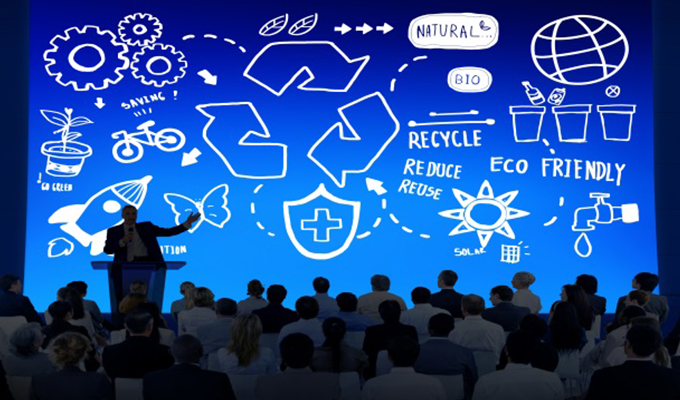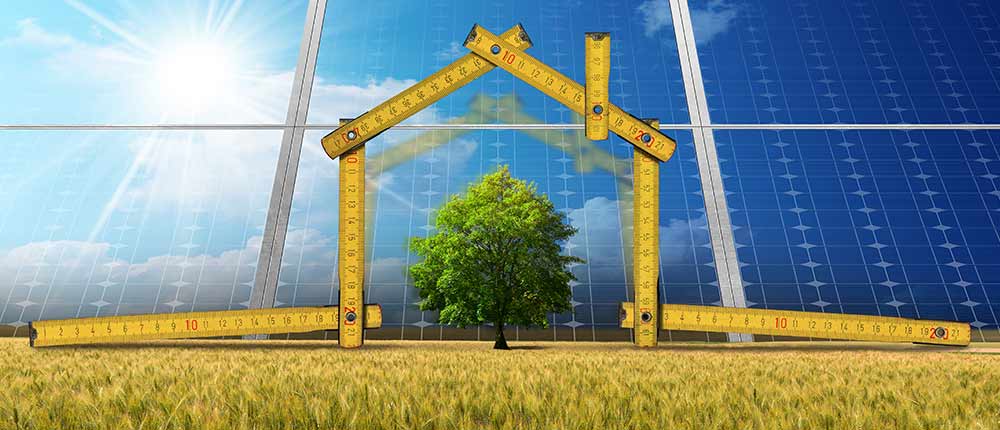Technical Assistance to the Resource Efficiency Initiative (REI) of the European Union

TERI supports the global sustainable consumption and production agenda driven by the United Nations by supporting India in the implementation of this agenda and by promoting European Union (EU) standards and business best-practices on resource efficiency in this process.
To attain the objective, TERI will contribute to the achievement of the following results:
- An assessment of India's current and future needs for resources is carried out and, on the basis of policy inputs, strategies and action plans for resource efficiency are prepared and implemented for key sectors of interest
- Partnerships are established between European and Indian businesses and stakeholders on resource efficiency in sectors of interest
- Awareness is raised on the need for resource efficient approaches in India among key government and non-governmental organisations, business establishments, students, media and the general public through promotion of EU standards and business best-practices on resource efficiency
Project Report: Greening the solar PV value chain
Authors: Mr Nitish Arora, Mr Souvik Bhattacharjya, Dr Shilpi Kapur, Dr Manish Anand, Ms Astha Gupta, Mr N S Prasad, Mr Nitya Nanda, Ms Diya Dasgupta
A report on opportunities for resource saving along the value chain in the solar PV sector

In 2010, India launched the renewable energy programme 'Jawaharlal Nehru National Solar Mission (JNNSM)', with the objective of deploying 20,000 mega watt (MW) of solar power by 2022. This target was revised to 100,000 MW of which 60,000 MW has to be grid connected and 40,000 MW has to be rooftop solar. This will require supply and use of newer materials to manufacture different solar photovoltaic (PV) technologies while maintaining cost competiveness in the sector. Resource efficiency will be key in achieving these objectives.
This study, produced under the European Union – Resource Efficiency Initiative (EU-REI), presents the opportunities that the PV sector can create for resource savings along the value chain. It was presented at the 13th Sustainability Summit, organised by the Confederation of Indian Industry (CII) - ITC Centre of Excellence for Sustainable Development. The summit was held as part of European Union's Circular Economy Mission (CEM) to India under the EU-REI.
For more on the subject, please find here a presentation delivered at the summit.
Towards resource efficient electric vehicle sector in India
Authors: Mr Souvik Bhattacharjya, Mr Nitish Arora, Dr Shilpi Kapur, Ms Garima Jasuja
A report on resource efficiency in India's EV sector

In 2017, India announced its plans of going 100% electric by 2030 as a part of its larger commitments of COP21. Indian automobile industry has been growing at a Compound Annual Growth Rate (CAGR) of 4.4% from FY12-17, and absolute annual production is expected to reach 50 million in next 15 years from 25.3 million in 2017. With transportation sector accounting for 22% of world’s greenhouse gas emissions, this growth should take place in a sustainable manner, which is adoption of electric vehicles (EVs) for mobility.
In a resource scarce economy efficiency is the way forward. India should make itself adept in creating more with less or deliver great value with less impact.
This assessment study, produced under the European Union – Resource Efficiency Initiative (EU-REI), focusses on resource saving sustainable transport system using electric vehicles in India. It was presented at the 13th Sustainability Summit, organised by the Confederation of Indian Industry (CII) - ITC Centre of Excellence for Sustainable Development. The summit was held as part of European Union's Circular Economy Mission (CEM) to India under the EU-REI.
For more on the subject, please find here a presentation delivered at the summit.

